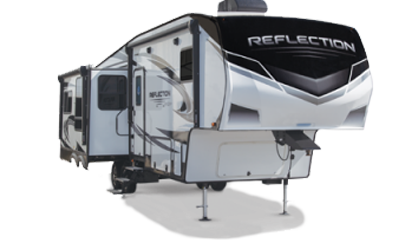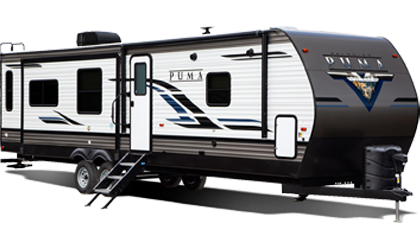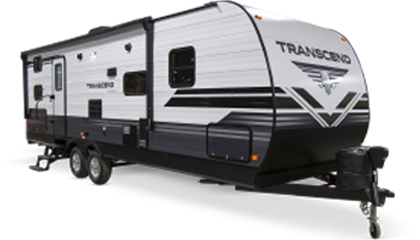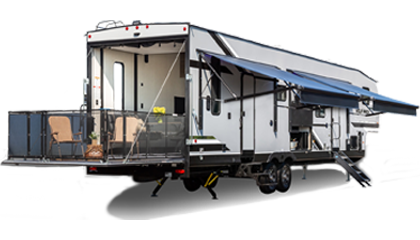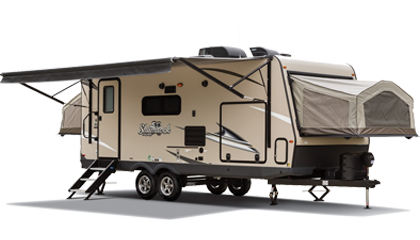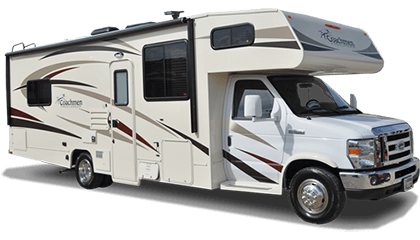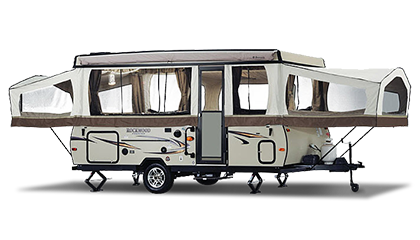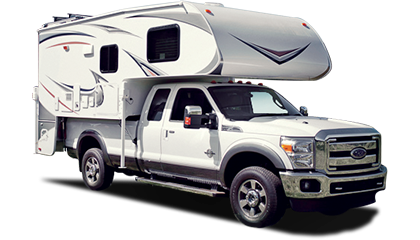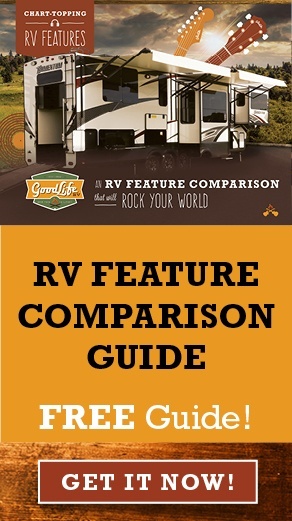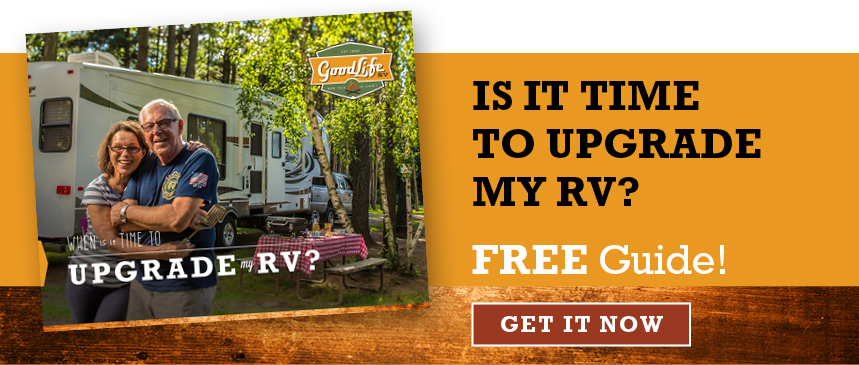How Do I Pick an RV Generator?
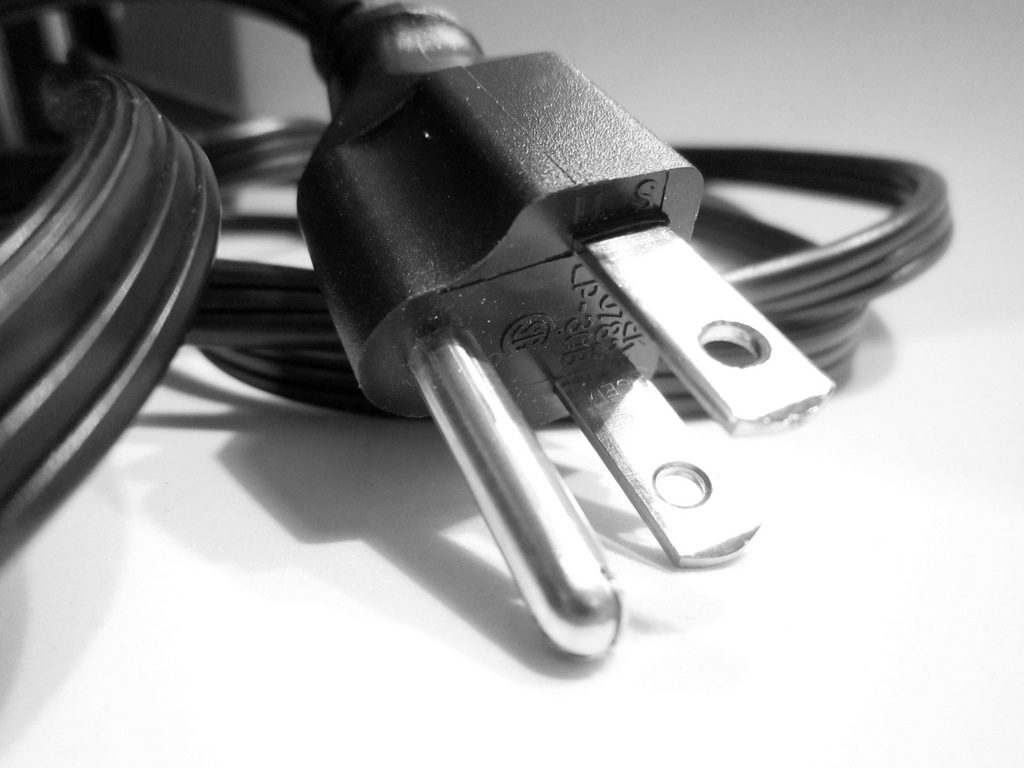
TVs, air conditioners and electric fireplaces are all frequently found in RVs, and they’re great to have around. They make our RVs feel a little more like home.
Unfortunately, they all require electricity, and electricity can be a scarce resource in an RV, especially when you’re boondocking. Watching TV and cooling off with the air conditioning after a hot day of outdoor activity can be nice – but sucking up all of your battery power can be awful.
Generators can be a huge help in situations like this, but knowing which one to choose can be a hassle. Here’s all the info you need to know.
THE ONE FOR YOU
Long story short, the best generator for you is the one that best suits your needs. A pop-up camper doesn’t need as large of a generator as a motorhome, because they don’t have as many electrical items. And a motorhome can’t squeak by with the relatively tiny generator you’d use for a pop-up trailer.
Before you do any research on the right generator for you, take a look around your RV, and figure out the wattage your appliances use. (The manufacturers’ websites can be of help when doing this, as can any owners’ manuals that came with your RV.) Add those up and compare them to the array of options available.
Don’t forget that your appliances don’t always use power in an even way. When you first turn your air conditioning on, it requires more power to cool your RV down than maintain an even temperature. This is unlike your TV, which requires roughly the same power the whole time it’s used.
NOISE
If you’ve ever been around a construction site, you’ll notice how noisy it can be. Much of that noise can come from gas generators. In essence, they’re very noisy one- or two-cylinder engines not unlike a motorcycle or lawnmower, only they produce electricity rather than power a blade or drivetrain.
What makes RV generators different (and usually more expensive) is how quiet they are. Bringing a construction-grade generator to a campsite is a great way to earn the ire of the campers around you. Keep decibels in mind when you’re choosing the right one for you – most offer a decibel rating, so always err on the side of quietness, even if it comes at a bit of a cost. Your neighbors will thank you.
INTERNAL VS. EXTERNAL
When you’re picking a generator, the type of RV you have offers a few variables as well.
If you’ve got a motorhome, chances are strong you have a generator built-in to your RV. This type of generator is unique because it uses the same fuel tank as your RV. You really don’t have to think about filling it up. (Don’t worry, these type of generators turn off before they sap your fuel tank dry. This prevents you from taking a long walk to the gas station to fill up.)
95 percent of pull behinds, campers and pop-ups don’t come with generators, and you can use a generator to give an added bump to battery power.
There are a good deal of things to consider when purchasing an RV generator – what you want to do with it, how many things you need to power and what type of RV you have, to name a few. The best bet is to talk with Good Life or your local RV dealership to learn more about your options.
Photo courtesy katerha

